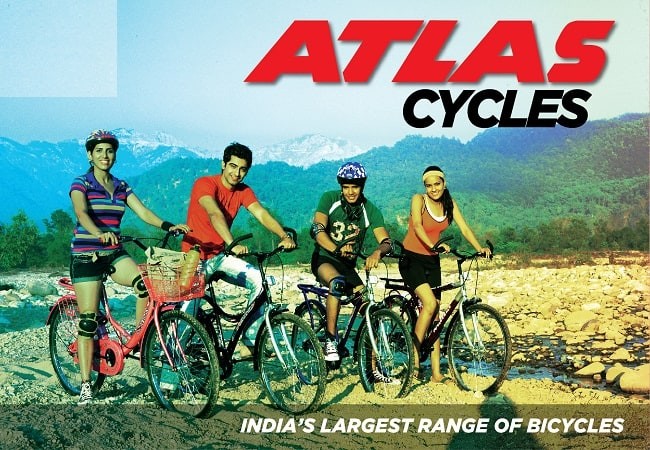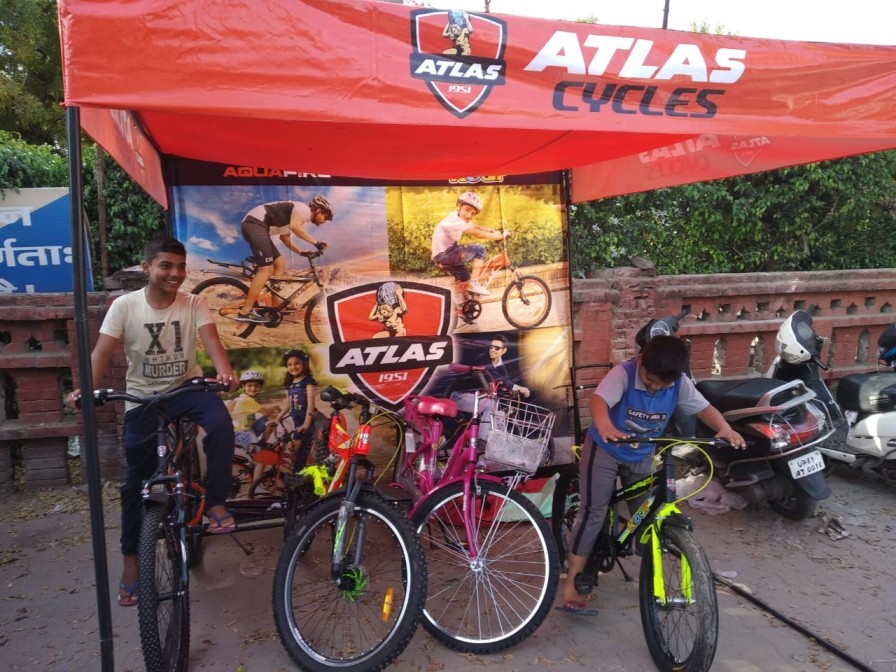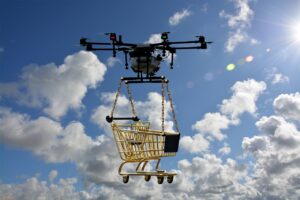What happened to Atlas Cycles
Atlas Cycles, one of the pioneers of the cycle in India which once used to manufacture over 40 lakhs of cycles annually and used to export to over 89 countries globally and is now manufacturing only 800 cycles monthly. That’s a drastic decline that any company could face. In this article we have discussed the rise and fall of Atlas cycles.

The story begins in 1947, after independence a person named Janki Das Kapur who used to make cycle seats in a tin shed in Sonipat, Haryana. At that time very few people used to have cycles as it was expensive and maximum people used public transport or bull karts for going here and there. Janki Das Kapur noticed this problem and thought about making a cycle which anyone could afford. With this idea on 1951, he hired some workers and started working on this idea. Next year on 1952 he launched first cycle model in the market and it became an instant hit. Looking the sale figures and demand of the cycle, on the same year he bought at 25 acre land and set up a factory named the company ”Atlas Cycle Industries Limited”. By the end of 1955 Atlas Cycles became famous in the whole country because of the quality and affordability of their cycles.
By 1958 Atlas started exporting cycles abroad. Initially they exported to Myanmar, Middles East and some African countries and later expanded to Europe and North America. With time competition in cycle market increased as Hero, Avon started manufacturing cycles. To beat the competition this time Atlas did something innovative. On 1961 for the first time in the country they introduced ladies cycles and it was so convenient that a woman waring saree were also able to ride the cycle. This innovation made them the biggest cycle manufacturer in the country by the end of 1965.
Unfortunately, on 1967 Janki Das Kapur expired and then his three sons B.D. Kapur, Jaidev Kapur and Jagdish Kapur took the ownership and responsibility of the company. They wanted to take the company to the next level. So they expanded to the technology advanced countries like France and other European countries and tied up some big companies and enhanced the quality of their cycles. With that improvement in quality and features they launched the first racing cycle in India. This cycle immediately became famous because of it’s robust built. Which in turn helped them to become official supplier to the Asian games 1982, held in Delhi. Because of Asian games, Atlas cycles became more popular globally and received various national and international awards.

On 1999, Atlas cycles was split into three parts each having ownership of each son of Janki Das Kapur. At that time they had three plants one at Malanpur, another at Sahibabad and another at Sonipat. On 2000 B.D. Kapur expired and then his son Arun Kapur took the ownership and responsibility of Malanpur unit. But on 2001 Arun Kapur was arrested because of some financial irregularities in the company. Which lead other two brothers of B.D. Kapur to fire Arun Kapur from the company and it started a chaos within the family. Because of the family issues business of Atlas got impacted. While the other competitors in market were coming up with new design and technology creating a more competitive space for Atlas. Also during early 2000s the craze of cycles among youngster started diminishing as new and newer models of bikes started hitting the market. All of these lead to decrease in the market share as well as decrease in sales of Atlas cycles.
To revamp the company, management hired Sunil Shetty, Abhinav Bindra and Sania Mirza as brand ambassadors of the company and Atlas also launched their IPO. These changes reflected on the increase in sales and Atlas once again became profitable, though margin and amount of profit was nowhere near what it was earlier. But things didn’t last well for long. From 2010 to 2014 Atlas changed their CEO and Compliance officer five times. Because of such unsustainable management sales once again started decreasing but this time at a faster pace. This decline caused the Malanpur factor to shut down. Lack of funds also reduced their R&D budget and were not able to launch any new products. This made the company a lass making one. Things even got worse on 2018 when they closed Sonipat factory. Then covid 19 came and forced the management to shut the Sahibabad plant.
And the company filled for bankruptcy. To save the organisation NCLT(National Company Law Tribunal) took the full ownership of the company. On 2022 NCLT suspended all the family members of Kapur family and appointed a new management consisting of former IAS, Advocate officers.
As of now the new management is running the company and only Sahibabad factory is operational. Earlier the company which used to manufacture 2 lakh cycles per month is now functioning with only 800 bicycles per month. It is expected that in the coming days the company will focus more on R&D and will launch new bicycles adopting modern technologies.
Please give your feedback on the comment section or you can contact us.
